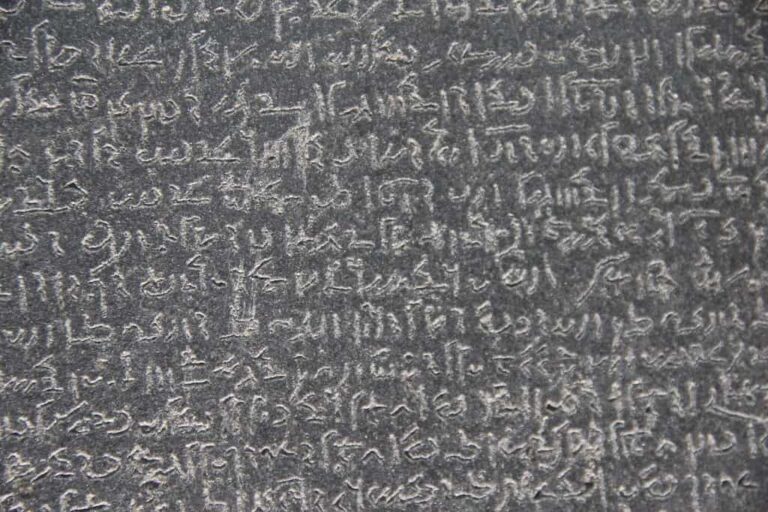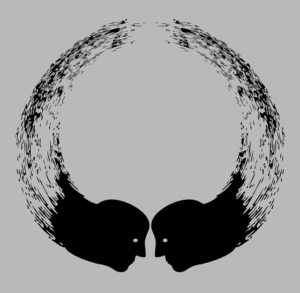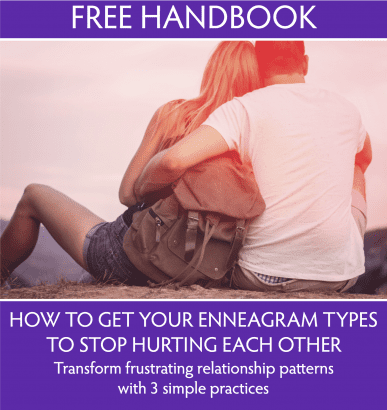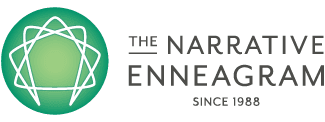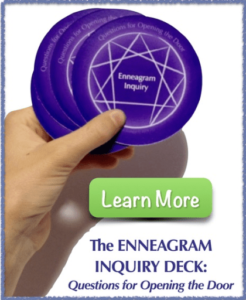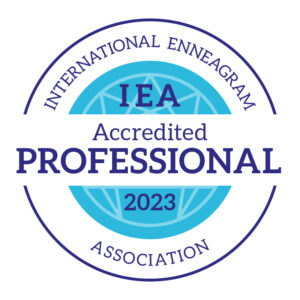It’s all about you, but it’s not personal.
The quality of our relationships can determine so much for us. Whether we feel appreciated, respected, content, enlivened and safe— or whether we don’t— can make or break our experience. Even those among us who act aloof, or appear persistently happy, are still highly organized by our interactions with others.
Our close relationships tend to amplify our highs and lows. Those closest to us tend to push our buttons the most because they mean the most to us, and therefore we make “extra” meaning out of what they do or don’t do.
I have not yet met a person who doesn’t feel perplexed with difficult patterns in their relationships. We all have them. Even in happy partnerships, a given day might include a number of minor irritants due to our clash of styles, values, and preferences, as well as tricky territory involving complex, intense, and pervasive themes.
In his extensive research on couples, Dr. John Gottman calculated that 69 percent of couples’ conflicts are “unresolvable.” He emphasizes finding ways to address the persistent themes with respect and humor.
I have witnessed, time after time, that the Enneagram can help us do this in a powerful and thorough way. By translating different world-views, it serves as a Rosetta Stone of perception that supports us in unpacking and depersonalizing our conflicts.
It doesn’t mean that by understanding our types we won’t have conflicts anymore. That’s not the goal here. Conflict is useful for developing us. It does mean that we can develop the potential to be emotionally resilient and not get so overwhelmed, so pissed, or so desperate about it happening again! When this is so, we can engage conflict well and meet the opportunities in it.
When I first learned the Enneagram, I was stunned to learn that some people found my style (Nine) irritating or off-putting. After all, my self-image was that I strove to not offend anyone. I later began to understand that my “good” intentions for harmony and against conflict actually created conflict, especially in close relationships where the other really wanted me to have opinions and preferences.
There is a lot of relationship advice out there promising the “key” to happiness. Working with the Enneagram in relationships, I find that a key to reducing the frequency and intensity of our pervasive conflicts lies in developing awareness of, and subsequently softening, our convictions.
Now, I’m not suggesting we should each give up our values and reject our preferences. Each enneastyle has predictable world-views about the “right” way to approach life, and when others do it differently than we do, they can look mean, pathetic, rejecting, invasive, judgmental, self-absorbed, distant, volatile, escapist, passive, etc. And when we humans do get defensive, we may indeed embody some of these qualities.
And the fact that this happens is not about you or about the other per se. It’s about unconscious patterns that can be unpacked and worked with. It’s not personal!
Our programs keep running us without our conscious consent. At point Two, for example, I’m always implicitly scanning for approval and for loving regard. I can’t help it. I can’t turn it off. I also can’t turn off the anxiety that arises when I walk into my favorite shop and the clerk doesn’t give me the warm greeting I’m used to. My strategy to regain the warmth I’m after automatically kicks in to try to get my needs met and bring back some equilibrium. Without hesitating, I start asking about the clerk’s day, smiling at her, flattering her shop and items, and persisting until I feel she likes me again or until I feel I’ve helped lift her mood.
Meanwhile, the clerk may feel any number of things during this interaction. It may have taken her from a neutral, peaceful mood into feeling invaded or manipulated. It may have pushed a big button of hers. Or it may have helped her feel engaged and connected. Any of those reactions also would not be personal. From the world-view of Two, however, I will feel that it most definitely is about me, and that it’s my job to manage it.
The deep driving platform under each enneatype can be understood. When we understand our own bias and approach, we don’t have to insist that it is the only or best way to navigate a given moment. When we understand others’ biases and approaches to be equally as useful and as foibled as our own, we can be more forgiving, and potentially look past the pinch and look toward creative solutions.
Each Enneagram style thinks it is operating with the optimal approach. So, it can be surprising to learn that when the other is displaying (what we see as) their most impossible traits, a “good intention” is driving their behavior. I put “good” in quotes, for a couple of reasons. Usually we are not particularly aware of our personality’s intentions. So even though, as a Seven, I might have the good intention of reclaiming joy for the world, I may not know that this is the good intention under my refusal to commit to my relationship.
“Good” intentions also can be out of sync with reality too. As a Six, my good intention of trying to protect my family from imaginable threats may lead to my feeling more insecure, and their feeling controlled and hurt.
And even underneath dysfunctional behavior there can a driving “good” intention. As a Three, I might conjure elaborate lies to inflate my image. The good intention might be to not disappoint my loved ones, or to not lose myself in the abyss of existential annihilation.
That our behavior comes from some (unconscious) good intention doesn’t mean it’s all OK or Good with a capital G. When acting out of our habitual patterns, sometimes we really hurt one another. As a One, I may have the good intention to help my employees be their best. And they may experience my support at relentless and demanding, where they feel criticized and micromanaged.
We’re supposed to have personalities to function in the world. We needed them in order to develop into functional human beings. And yet, we almost always feel better, and are received better, when our personalities are not inner dictators.
Depth psychologist James Hollis said:
We never do crazy things. We do imminently logical things based on the emotional premise inside of each of us. Our behavior may be based on an inadequate premise, or an inaccurate premise. The behavior may lead to consequences, but it is, nonetheless, an expression or concretization of a treatment plan or a response to that unconscious motivation.
When we bring our unconscious motivations into the light, we have the possibility of not blindly following the same groove that returns the same reliable, if unsatisfying, results.
When we reveal our motivations to those we care about, they can understand our platform, and thus potentially feel compassion for our viewpoint and a willingness to work toward mutually satisfying solutions.
Remember, even when we find the good intention, it doesn’t mean it should get to call the shots. At Four, a good intention could be to find connection (to not be abandoned). When I can see how that’s undergirding my behavior, it doesn’t mean I then “deserve” that desired connection with whomever I’m wanting it from. It might, instead, offer a wake-up call to how I’ve disconnected from myself. Or, it could present the opportunity for me to realize that I might be able to be grounded and OK even when the other isn’t convincingly validating my worth.
- Thinking about an unsatisfying relationship pattern that you repeat, consider what you are “after” in the pattern. What is your motivation? Your “good” intention?
- With curiosity, consider what the motivation or “good” intention of the other might be. If you cannot imagine, perhaps you could ask them with a sincere wish to understand.
When we imply that the other is wrong or that they have bad intentions, we are very likely to engender their defensive, righteous, or retracted response.
When we frame things in terms of what we’re wanting (not demanding), others are more likely to listen and want to respond to our requests.
Using the Enneagram, we can even guess at what others most desire, and can think ahead of time about how to find win-win solutions or approaches.
Our own motivations can be like hieroglyphics to us at times. What do we really want in the moment? Truly understanding others’ motivations can be even more challenging. The Rosetta Stone of the Enneagram can cut through the confusion and bring us back home to recognize how our lenses are determining our experience again.
How have your relationships changed for the better by understanding your type or others’ types? Please share below.

